Thyme oil has been used in households, hospitals, and businesses for a very long time. It is commonly found in perfumes, cosmetics, food flavorings, mouthwashes, and many other products on the shelves of your favorite stores, but the true, historical use in the industry has been as an antibacterial product. The headlines read, “The Powerful Antimicrobial Activity of Thyme Essential Oil Against Multidrug Resistant Clinical Bacterial Strains1” and “Essential Oil of Common Thyme as a Natural Antimicrobial2.” And more recently, “EPA Approves Thymol Cleaners to Kill Coronavirus—So What Is Thymol?3” No matter where you search, there is loud and proud proof that thyme oil is an effective and powerful bacteria and fungus killer.
So you have seen more biopesticides with thyme oil in them - What does that mean?
There has been an increase in the use of thyme oil in biopesticides. Let’s analyze the history of thyme oil and its uses in society to help you understand how it works and why growers should consider thyme oil-based crop protection for pathogen prevention and elimination.
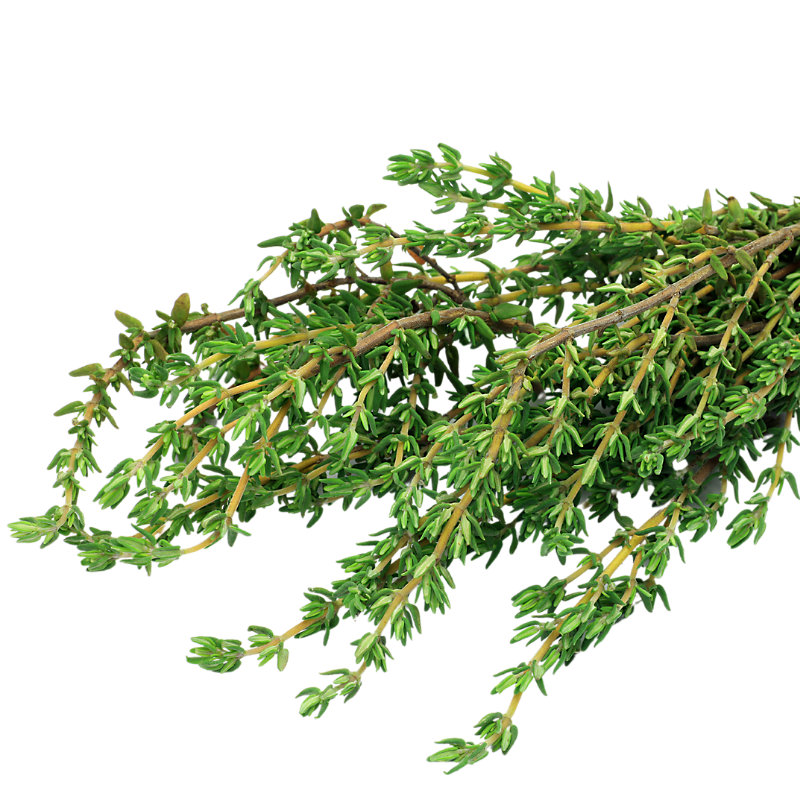
Since thyme oil does such an excellent job of killing harmful bacteria and fungus on our kitchen tables and gym equipment, can it also protect our plants from similar pathogens? The answer is: yes! Thyme oil has been proven to be highly effective in controlling invasive pathogens that would otherwise create significant damage to grower’s crops and plants2.
How does thyme oil do this?
Thyme essential oil contains the phenolic compound thymol that can kill pathogens such as bacteria and fungi via cell membrane disruption. Due to its hydrophobic nature, the thymol molecule interacts with the outer cytoplasmic membrane of the pathogen and affects the integrity and function of the microorganisms’ cell membrane.
Other benefits to using a horticultural oil as a fungicide-bactericide are as follows:
- They have no application limit: Pesticide residue on crop after the spray is not a concern.
- They have no pre-harvest interval (Zero-Day PHI): Growers can spray today and release the next day, and up to the day of the shipment.
- They have no Re-entry interval (Zero Hour REI): Considered safe for workers with minimal PPE.
- The complex compositionof active ingredients helps to reduce the risk of pests developing pesticide resistance.
- They are generally safe for beneficial insects and do not cause phytotoxicity.
- They are compatible to mix with other products.
The list of features and benefits to going botanical goes on and on. The next time you go shopping for cleaning products or disinfectants, look for a thyme oil product. The product that you can trust in your household is one that you can also trust to protect your plants and crops. Using horticultural oils as a fungus and bacteria killer is not a new concept. Let’s start reaping the benefits of the powerful oils in our crop systems as well.
Subscribe to our blog
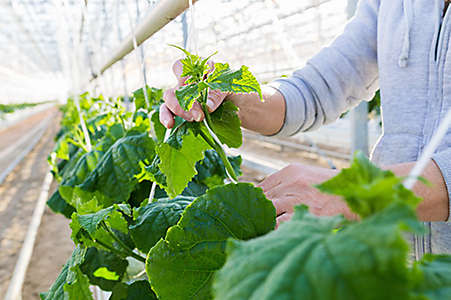
Nine Steps To Follow For Building A Strong IPM Program
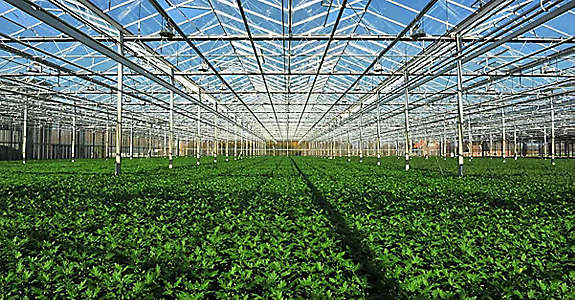
Five Tips for Successful Tank Mixing - Expert Tips
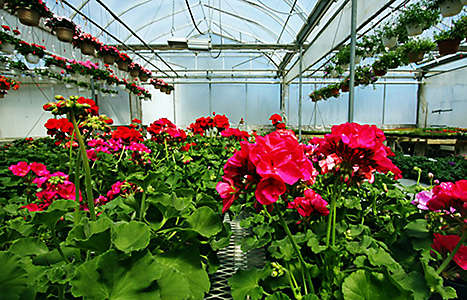
Eight Tips for Integrating a New Product Into Your Spray Program
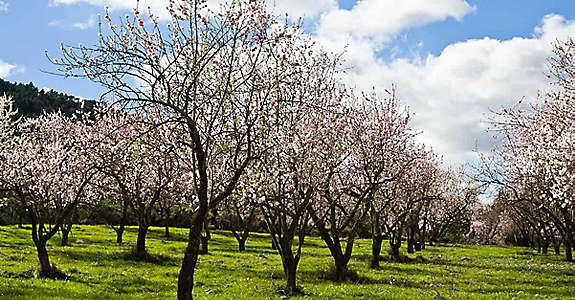
Five Steps to Run a Successful Commercial Horticulture Trial
Browse Latest Articles by Topic
- Field Scouting for Common Pests in Hops
- Nine Steps To Follow For Building A Strong IPM Program
- Five Tips for Successful Tank Mixing - Expert Tips
- Eight Tips for Integrating a New Product Into Your Spray Program
- Five Steps to Run a Successful Commercial Horticulture Trial
- Insight: Shortage of beneficial insects during the pandemic
- Beneficial Ladybug Shortage on the West Coast: Why & What's Next?
- Fight the threat of Spotted Wing Drosophila in Blueberries with Kemin botanicals
- Six Tips for a More Effective and Safe Pesticide Spray Coverage
- The What & Why of Botanical Oil-Based Biopesticides

